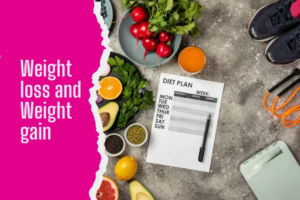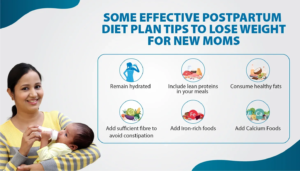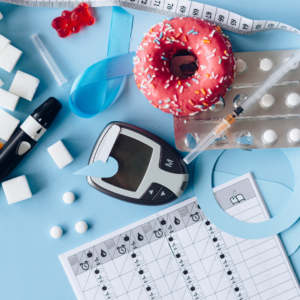Food must be digested in order to be broken down into nutrients that the body may use for energy, development, and cell repair. Prior to being absorbed by the blood and transported to the cells throughout the body, nutrients from food and drink must be broken down into smaller molecules. Improving digestion can lead to better overall health and well-being.
Here are some tips to help you enhance your digestion:
- Eat Mindfully:
– Slow down while eating and chew your food thoroughly. This helps break down food into smaller particles, making it easier to digest.
- Consume Fibre:
– Include plenty of fibre-rich foods like fruits, vegetables, whole grains, and legumes in your diet. Fibre aids in regular bowel movements and prevents constipation.
- Stay Hydrated:
– Drinking enough water throughout the day is crucial for digestion. Water helps soften stool and move it through the digestive tract.
- Probiotics:
– Incorporate probiotic-rich foods like yogurt, kefir, sauerkraut, and kimchi into your diet. Probiotics promote the growth of beneficial gut bacteria, which can improve digestion.
- Limit Heavily Processed Foods:
– Heavily processed and high-sugar foods can disrupt digestion. Try to minimize your intake of processed foods, sugary snacks and drinks.
- Control Portion Sizes:
– Avoid overeating by paying attention to portion sizes. Overloading your stomach can lead to discomfort and indigestion.
- Manage Stress:
– Chronic stress can affect digestion. Practice stress-reduction techniques such as deep breathing, meditation, yoga, or any favourite engagin activity to relax your body and mind.
- Exercise Regularly:
– Physical activity can help stimulate the digestive system and promote regular bowel movements. Aim for at least 30 minutes of moderate exercise most days of the week.
- Don’t Lie Down Immediately After Eating:
– Wait at least 2-3 hours after eating before lying down or going to bed. This can help prevent acid reflux and indigestion.
- Avoid Trigger Foods:
– Identify and avoid foods that trigger digestive discomfort. Common culprits include spicy foods, fried foods, dairy (if lactose intolerant), and gluten (if sensitive).
- Eat Fermented Foods:
– Incorporate fermented foods like kanji, miso, kombucha, and tempeh into your diet. They contain beneficial bacteria that support digestion.
- Herbal Teas:
– Certain herbal teas, such as ginger, peppermint, and chamomile, can soothe digestive discomfort and alleviate symptoms like bloating and gas.
- Regular Meals:
– Stick to a regular eating schedule with consistent meal times. This can help regulate your digestive system.
- Dietary Modifications:
– If you have specific digestive issues like acid reflux or irritable bowel syndrome (IBS), consider consulting a healthcare professional or a registered dietitian for personalized dietary recommendations.
Remember that individual responses to dietary and lifestyle changes vary, so it’s important to listen to your body and make adjustments accordingly. If you continue to experience persistent digestive problems, you can even look for a gut health management program in Mumbai and consult a healthcare provider for a proper evaluation and guidance.







